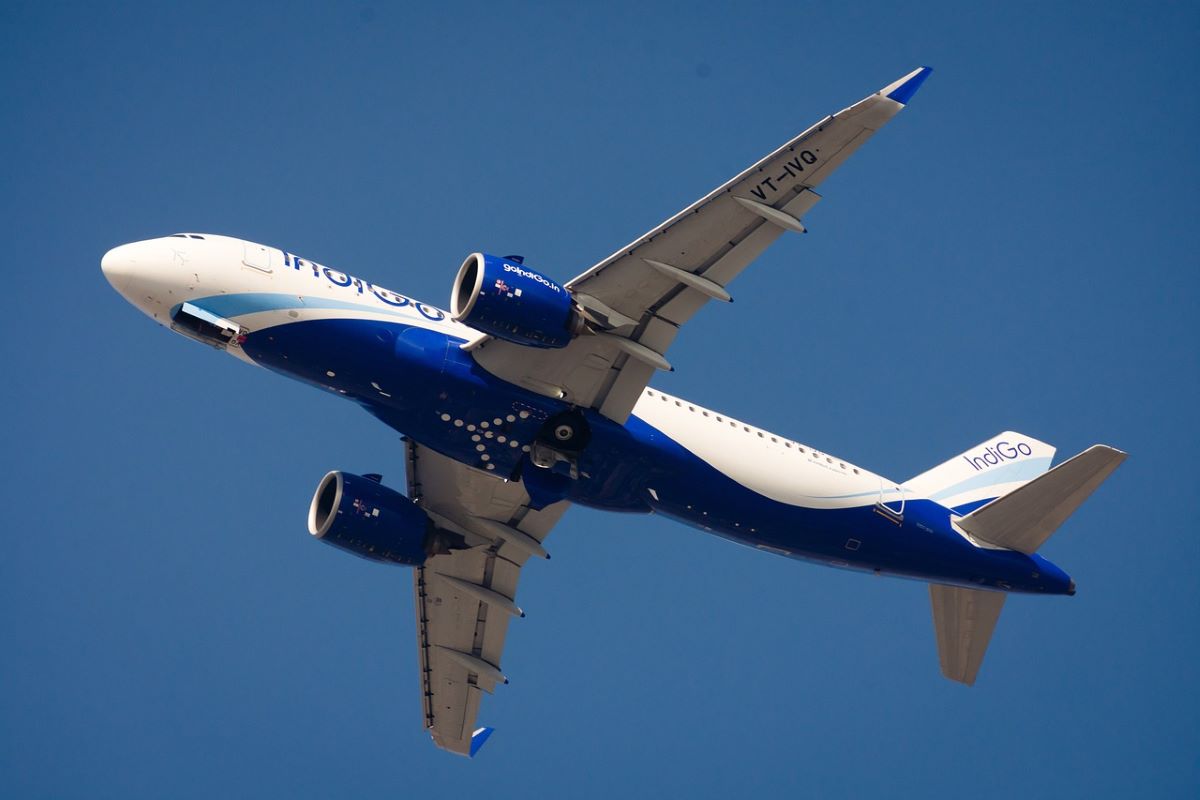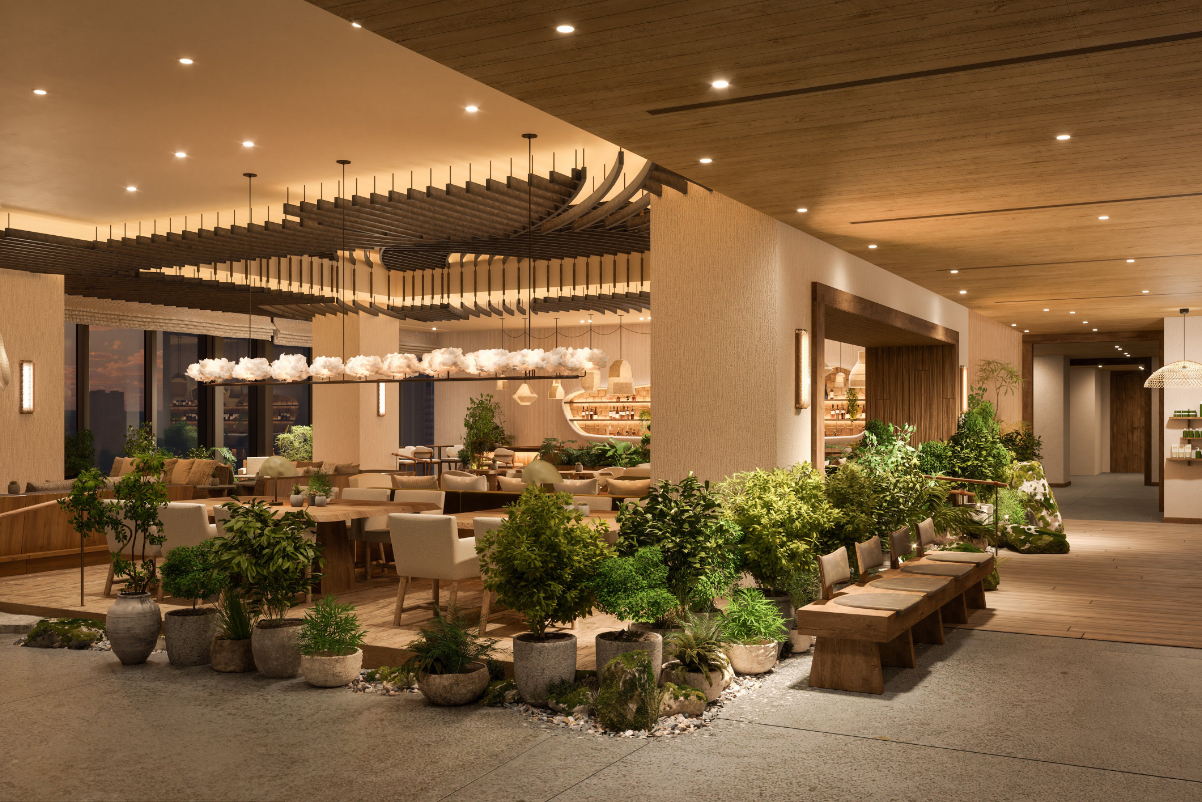The Best Western You Don't Know: CEO Interview With BWH Hotels
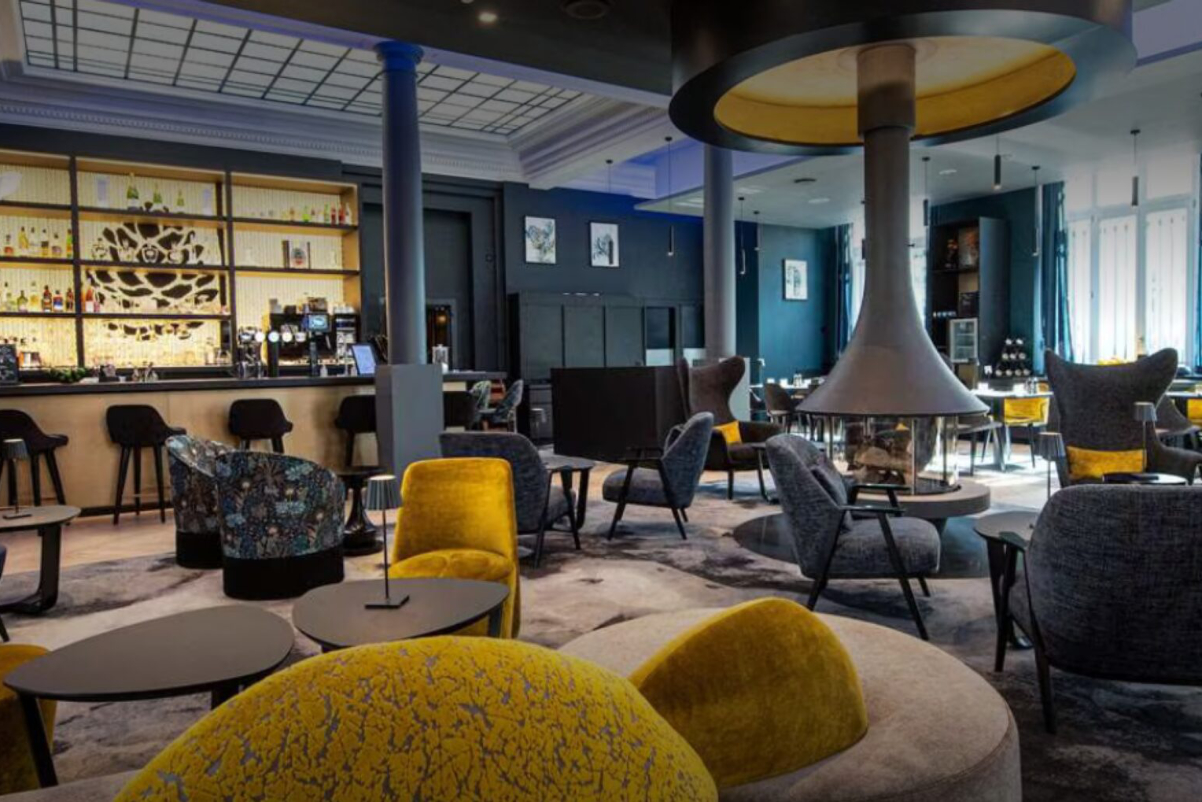
Skift Take
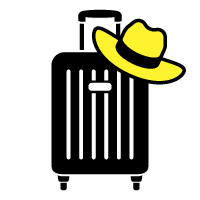
Leaders of Travel: Skift C-Suite Series
What are the top trends impacting hotels, airlines, and online bookings? We speak to the executives shaping the future of travel.At the Lodging Conference in Scottsdale, Arizona, Larry Cuculic, the CEO of BWH Hotels, leaned forward, his West Point-honed posture softening as he warmed to his subject.
"We're not just a mid-scale brand," he said. "We now have a brand for every guest, a brand for every developer."
The man helming Best Western's parent company is eager to make this point. Cuculic said that BWH Hotels has 18 brands, ranging from premium economy SureStay to lifestyle brand Aiden, luxury soft brand WorldHotels Collection, and even branded residences.
The group has 4,300 hotels in 100 countries. Last year, its global reservation enterprise produced $8.2 billion in revenue, a 5.6% increase from 2022.
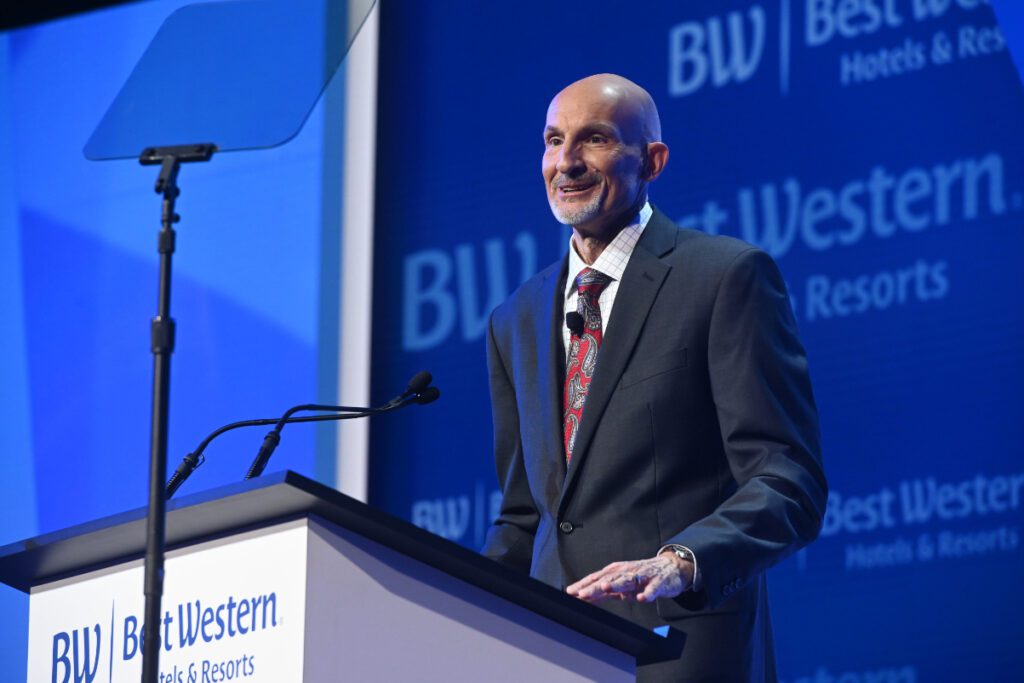
Rare Structure
What truly sets BWH Hotels apart is its business model. Unlike publicly traded behemoths like Choice, Wyndham, and Hilton, Phoenix-based group operates as a non-profit membership organization. It's like a particularly ambitious co-op board, with hotel owners as voting members.
In 2019, its members voted against going public. They preferred a structure that avoids public shareholder demands.
"We don't have equity partners that take funds away from our bottom line," Cuculic explains. "We're purely hotelier-centric. We have a lower fee structure in most cases."
The public hotel groups have shareholders demanding growth in net room count. In Cuculic's telling, desperation for growth at all costs leads them to "stack" hotels — saturating markets with competing hotels within their brand families.
"One of our strengths is our member market area protections, which is very different from every other group," Cuculic said.
While other hotel giants might gleefully plop down a new property across the street from an existing one, BWH offers its members "territorial protections." It commissions independent impact studies before allowing new BWH brand hotels to open nearby.
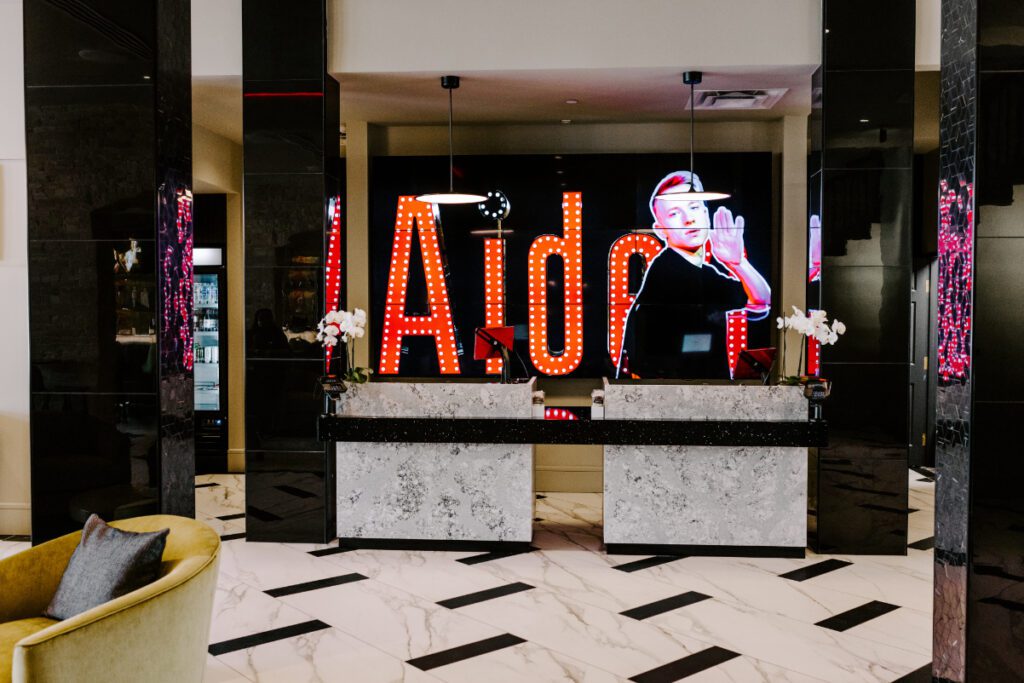
"Hotelier-Centric"
BWH Hotels' approach to brand standards is another competitive advantage, the company said.
While some hotel chains dictate everything down to the shade of beige on the walls, BWH Group takes a more laissez-faire approach.
"We're not prescriptive to say, 'Well, that needs to be blond furniture with blue fabric,'" said Ron Pohl, president, international operations and WorldHotels, BWH Hotels.
Managing Quality Control
Cuculic inherited a company where quality control had become important again after complacency a couple of decades ago.
Previous CEO David Kong ran a quality assurance initiative between 2006 and 2008 that saw the group part ways with many owners and reduce its portfolio size by roughly 40%.
The group has had growth spurts. Since 2018, its portfolio size has expanded 19% to 4,300 hotels.
Net room growth was flat in 2023, but the group experienced "tremendous growth in 2024, with the addition of new properties across all 18 brands globally," the CEO said.
"We prefer quality versus quantity by growing the right brands in the right markets," Pohl said. "We take a strategic approach to development by looking at any given market's supply and demand trends and judge how many hotels the market could support in each segment."
During the last iteration of a "design excellence program," owners of the flagship Best Western Hotels & Resort brand in North America invested $2 billion into refurbishing their properties, Cuculic said. “Roughly a million per property. We're in year two now of the next seven-year cycle."
"Our Medallia [customer survey] scores for overall experience are 82, which is the highest they've been forever, and that's because we enforce standards," Cuculic said.
The executives argue they're not interested in slapping their logo on every street corner to boost their room count. They want to place each brand where owners are likely to see strong demand, which will thus help elevate any given brand's rate and occupancy.
Cuculic said that independent hoteliers worldwide are looking to BWH Hotels because of its more affordable help managing technology and distribution. He noted that he's just hired a new chief technology officer to spearhead efforts in e-commerce and personalization.

More Competition
But it's not all smooth sailing. The big kids of the hotel world are muscling into BWH Hotels' traditional stronghold by pushing into the mid-scale and economy segments.
In the past two years, Hilton launched Spark in the "premium economy" segment; Marriott introduced City Express, StudioRes, and Four Points Express by Sheraton; IHG introduced Garner; and Hyatt rolled out Hyatt Studios.
Cuculic, however, remains unfazed. "We've been doing this for almost 80 years," he says. "We know the market, we know the segment."
When Hilton launched its Spark brand a year ago, some industry analysts acted like no major hotel group had entered the premium economy space.
"We launched SureStay five years ago, and we now have over 400 SureStay hotels globally," Cuculic said.
Many other hotel groups have added "soft brands," or collections of independent hotels that maintain unique looks but tag onto a hotel group's loyalty program, technology, and distribution reach. This year, Hyatt added many hotels from the Mr & Mrs Smith collection, while Hilton added Small Luxury Hotels of the World.
"We're the second-largest independent soft branding company globally," Cuculic said. It has 650 soft-branded properties.
As our interview wound down, Cuculic's military bearing reasserted itself. He spoke of the company's global expansion plans with strategic precision. Expansion in India, Vietnam, and the Middle East are all in BWH Hotels' sights. Roughly half of Best Westerns, for instance, are outside of North America.
"It's strange how some developers and others in the industry have yet to recognize how we have evolved and how powerful we've become," Cuculic said.



